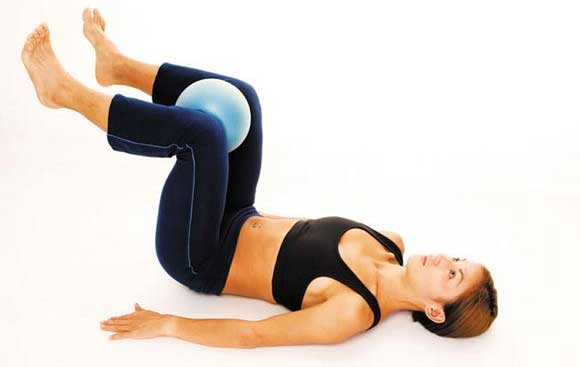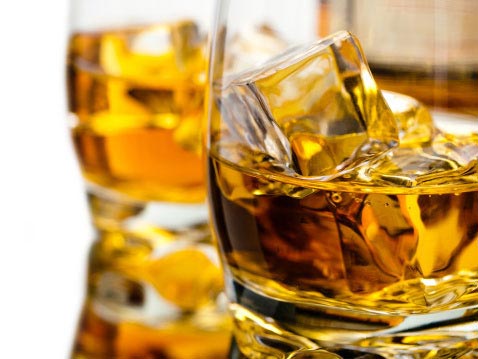Alcoholism is a serious medical and social problem. However, a sustained effort along with the support of family and friends can help to overcome it. Read on to find out how you can seek treatment for alcohol addiction. When an individual continues to consume alcohol in spite of it negatively affecting him, he is termed as an alcoholic. Treatment for alcoholism can only begin when the individual himself accepts that he has a problem. In addition, he should want to be cured of his problem. Trying to stop drinking is difficult but not impossible. Here are some ways to deal with alcoholism. In this articleInitial stageMedical optionsTypes of medicinesRole of support groups Initial stage In the beginning, you need to determine how serious your alcohol problem is. For example, note how much alcohol you consume everyday and how often it affects you physically and mentally. For example, how often have you missed work because you were drunk or hung over? Depending on your level of alcohol abuse or dependence, you can choose the appropriate treatment. Medical options Alcohol abuse is a medical problem. A qualified medical practitioner, preferably one who works at a detoxification facility, can make the diagnosis. The more you drink, the more alcohol changes your body. If you have been drinking for a prolonged period, you may find it difficult to stop without some form of medical treatment. If you suddenly stop consuming alcohol, your body may experience withdrawal symptoms. These include sweating, shivering, high blood pressure, nausea, headaches, cravings, increased heart rate, seizures, delirium, etc. Medical treatment for alcoholism mainly involves a detoxification program. This program focuses on providing a safe environment for the patient while his body fights against toxins. This way, thewithdrawal symptoms can be observed and dealt with, without the patient coming to some harm. Depending on the severity of the problem, these programs may be residential in nature or consist of regular sessions. Types of medicines Along with monitoring withdrawal symptoms, doctors may also prescribe certain drugs as part of the treatment process. Note that medication is to be taken only if the doctor prescribes it as part of your treatment. Self-medication is dangerous as it could cause complications. Aversive drugs are the oldest known type of medicine. Doctors may prescribe certain tablets that make you feel ill when you consume any alcohol. This drug only prevents alcohol consumption. It does not reduce cravings or solve any of thewithdrawal symptoms. Anti-craving medicines are often prescribed to people after they cease drinking. These drugs work by blocking the pleasure receptors in the brain, thereby reducing the craving for alcohol. Like aversive drugs, anti-craving medication is also taken once a day. A third type of medicine aims to restore the chemical balance in the brain. It minimises the emotional and physical discomfort a person feels while he tries to remain sober. The pills also combat sleep difficulties. In addition, doctors may prescribe medicines for other disorders associated with alcoholism such as depression, anxiety, mood swings, etc. Role of support groups Alcoholism requires treatment not only for physical symptoms but also for emotional ones. An important aspect of recovery is to ensure that you do not begin abusing alcohol again. To help you deal with the stress and suffering, there are plenty of support groups available. The most famous support group in the world is Alcoholics Anonymous. It has more than 2 million members worldwide. Alcoholics Anonymous sessions are run by recovering alcoholics themselves. Sessions are free to attend, and the only requirement to be a member is a desire to cease drinking. During meetings, members speak about their experiences under the influence of alcohol and their efforts to stay sober. The organisation provides empathy and comfort to its members. It also focuses on members having role models, namely people who have recovered and remained sober thereafter. Alcohol abuse cannot be cured immediately and does not have a magic remedy. It requires sustained efforts by the individual along with support from family and friends.
Alcoholism is a serious medical and social problem. However, a sustained effort along with the support of family and friends can help to overcome it. Read on to find out how you can seek treatment for alcohol addiction. When an individual continues to consume alcohol in spite of it negatively affecting him, he is termed as an alcoholic. Treatment for
alcoholism can only begin when the individual himself accepts that he has a problem. In addition, he should want to be cured of his problem. Trying to stop drinking is difficult but not impossible. Here are some ways to deal with alcoholism.
Initial stage
In the beginning, you need to determine how serious your
alcohol problem is. For example, note how much alcohol you consume everyday and how often it affects you physically and mentally. For example, how often have you missed work because you were drunk or hung over? Depending on your level of alcohol abuse or dependence, you can choose the appropriate treatment.
Medical options
Alcohol abuse is a medical problem. A qualified medical practitioner, preferably one who works at a detoxification facility, can make the diagnosis. The more you drink, the more alcohol changes your body. If you have been drinking for a prolonged period, you may find it difficult to stop without some form of medical treatment. If you suddenly stop consuming alcohol, your body may experience withdrawal symptoms. These include sweating, shivering, high blood pressure, nausea,
headaches, cravings, increased heart rate, seizures, delirium, etc.
Medical treatment for alcoholism mainly involves a detoxification program. This program focuses on providing a safe environment for the patient while his body fights against toxins. This way, thewithdrawal symptoms can be observed and dealt with, without the patient coming to some harm. Depending on the severity of the problem, these programs may be residential in nature or consist of regular sessions.
Types of medicines
Along with monitoring withdrawal symptoms, doctors may also prescribe certain drugs as part of the
treatment process. Note that medication is to be taken only if the doctor prescribes it as part of your treatment. Self-medication is dangerous as it could cause complications. Aversive drugs are the oldest known type of medicine. Doctors may prescribe certain tablets that make you feel ill when you consume any alcohol. This drug only prevents alcohol consumption. It does not reduce cravings or solve any of thewithdrawal symptoms.
Anti-craving
medicines are often prescribed to people after they cease drinking. These drugs work by blocking the pleasure receptors in the brain, thereby reducing the craving for alcohol. Like aversive drugs, anti-craving medication is also taken once a day.
A third type of medicine aims to restore the chemical balance in the brain. It minimises the emotional and physical discomfort a person feels while he tries to remain sober. The pills also combat sleep difficulties. In addition, doctors may prescribe medicines for other disorders associated with alcoholism such as depression, anxiety, mood swings, etc.
Role of support groups
Alcoholism requires treatment not only for physical symptoms but also for emotional ones. An important aspect of recovery is to ensure that you do not begin abusing alcohol again. To help you deal with the stress and suffering, there are plenty of support groups available. The most famous support group in the world is Alcoholics Anonymous. It has more than 2 million members worldwide.
Alcoholics Anonymous sessions are run by recovering alcoholics themselves. Sessions are free to attend, and the only requirement to be a member is a desire to cease drinking. During meetings, members speak about their experiences under the influence of alcohol and their efforts to stay sober. The organisation provides empathy and comfort to its members. It also focuses on members having role models, namely people who have recovered and remained sober thereafter.
Alcohol abuse cannot be cured immediately and does not have a magic remedy. It requires sustained efforts by the individual along with support from family and friends.































